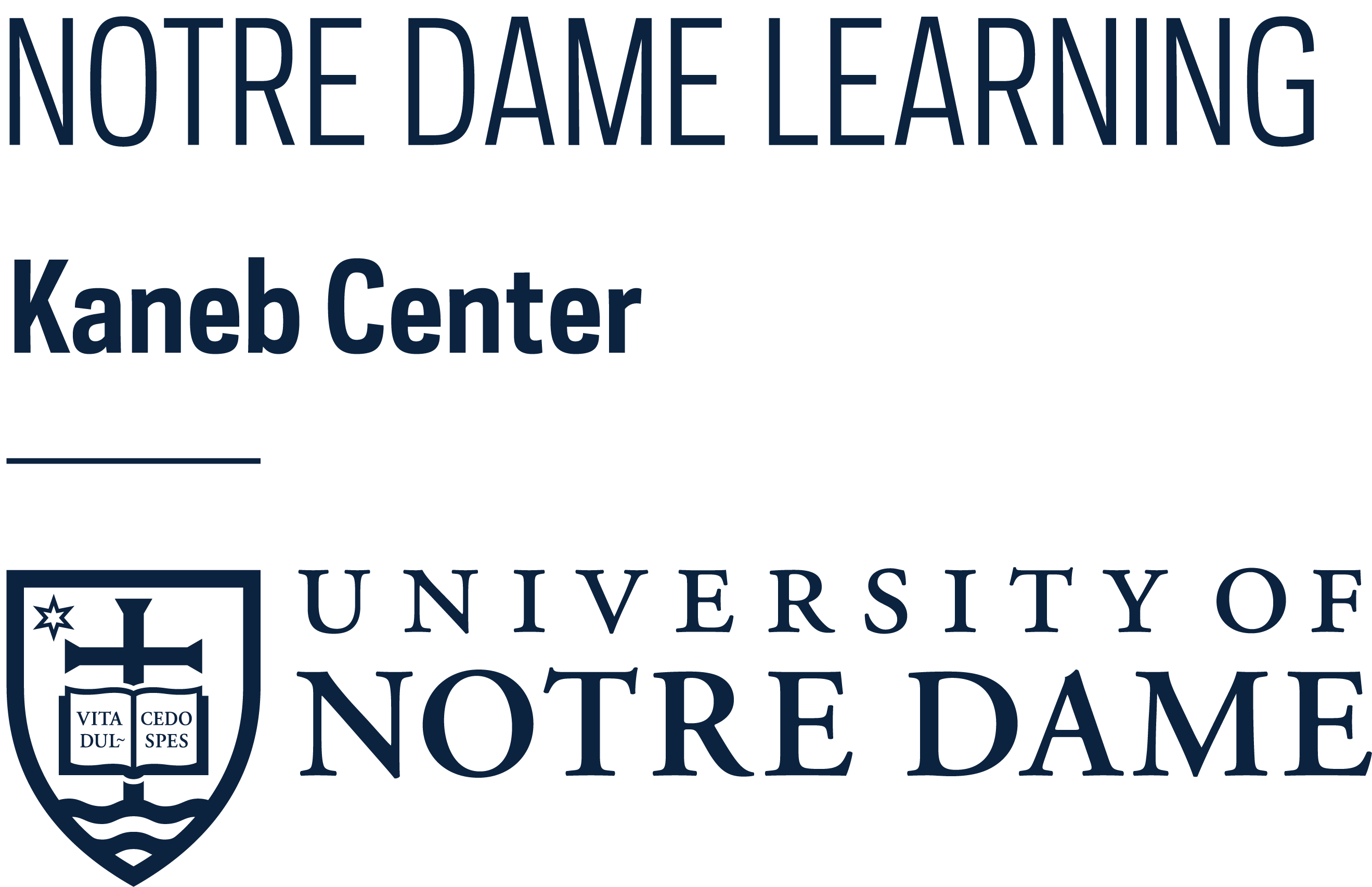COVID-19 has clearly changed our classrooms—from social distancing and mask-wearing to dual-mode delivery. But how has COVID-19 changed our courses?
In the following blog post, Judy Ableser of Oakland University recognizes COVID-19 as a relevant, meaningful, and authentic learning opportunity and advocates incorporating it into our courses via intentionally designed assignments and assessments.
Authentic Assignments- Applying COVID-19 into your Courses
By Judy Ableser
We don’t know how this coming year will play itself out, yet we do know that COVID-19 will continue to impact our teaching, learning and life for some time to come. Consider creating authentic assignments that directly connect your course’s learning outcomes to COVID-19. Authentic Assignments provide rich, meaningful and relevant opportunities in any discipline connected to COVID-19.
Authentic Assignments/Assessments
- Relevant, meaningful, practical assignments that connect “real-life” situations to the course content
- Engaging and interesting learning experiences
- Authentic Assessments directly measure students’ performance through “real life tasks” or “situations” that resemble “real life situations” (Wiggins, Grant. (1998). Ensuring authentic performance. Chapter 2 in Educative Assessment: Designing Assessments to Inform and Improve Student Performance. San Francisco: Jossey-Bass, pp. 21 – 42.)
- Often used synonymously with “alternative assessments” or “performance assessments”
- Examples often include demonstrations, debates, field work, simulations, problem solving
- Align with learning outcomes of course
How are Authentic Assignments different then Teachable Moments- teachable moments are unplanned opportunities that arise due to a situation in which the instructors turns the experience into a learning opportunity. Authentic assignments are planned experiences incorporating “real life” situations into the assessments.
How to create an Authentic Assessment relating to COVID-19
- Begin by designing your course’s learning outcomes as you normally would.
- Create Authentic Assignments that align your learning outcomes with COVID-19 topics, issues and themes. Be creative. Be interesting. Be relevant.
- Develop rubrics or marking schemes for your authentic assignment.
- Introduce and discuss COVID-19 as it relates to your course with your students
- Provide current resources and references on COVID-19 for your students to use in their assignments.
- Plan for additional “marking time”. Using the rubric will help make your marking more efficient and effective but will require more time than giving a “traditional test”
Examples of Authentic Assessments relating to COVID-19 by discipline
- Math- have students predict the spread of the virus based on current trends and statistics.
- History- compare previous pandemics to this one.
- Biology- analyze and compare the Coronavirus with influenza or other illnesses
- Chemistry- explore and analyze research being done vaccinations and treatments for COVID-19
- Communication and Journalism- analyze different news coverage of the illness.
- Psychology- have students interview others (virtually) about their stress and coping mechanisms.
- Business- analyze the economic impact of COVID-19
- Nursing- develop strategies to support dying patients and their families when they cannot be together due to COVID-19
- Nursing- analyze the threat to COVID-19 spread when limited PPE and how to address and reduce the threat
- Public Health- analyze CDC updates and predictions
- Social Work- develop strategies and interventions to help reduce domestic abuse due to stress and “stay home orders” during COVID-19
- Engineering- develop plan for transitioning from building automotive parts to building ventilators
- Additional Resource with some great ideas- Transforming COVID-19 into Learning Activities (developed by Nanda Dimitrov Centre for Educational Excellence * Simon Fraser University)
* Today’s blog comes from the 2020-2021 Teaching Messages Collection, a collaboration of over 30 institutions of higher-education. This post is written by Judy Ableser, Director of the Center for Excellence in Teaching and Learning (CETL) at Oakland University.*
